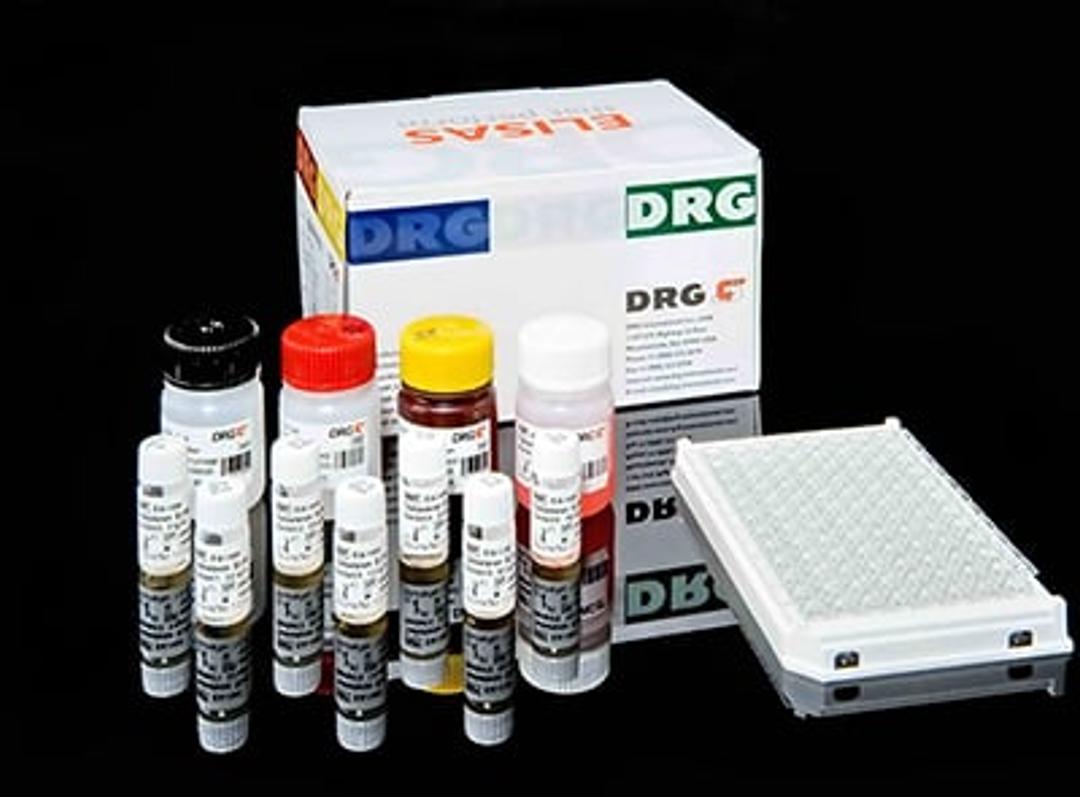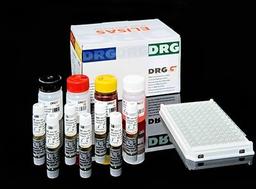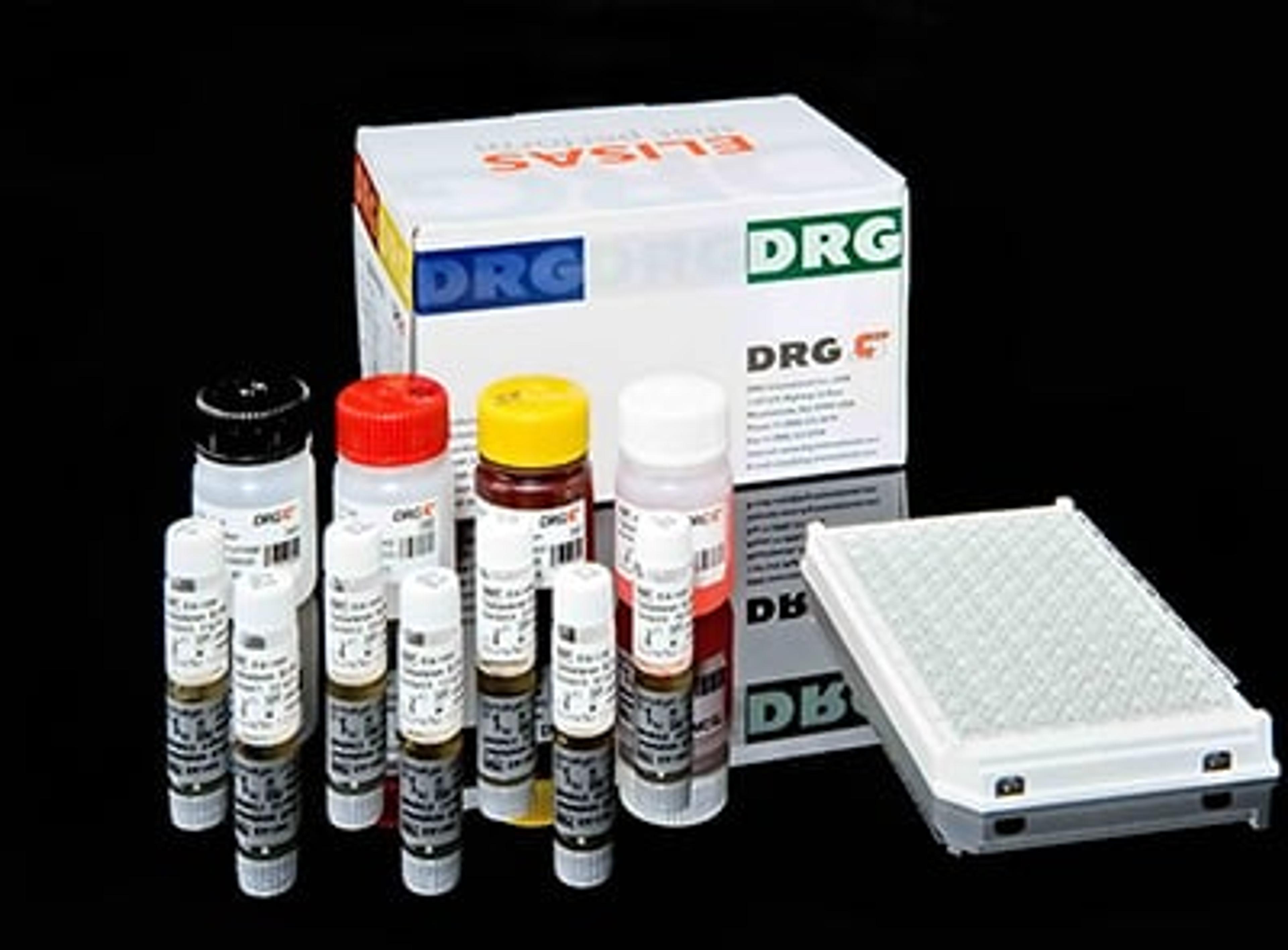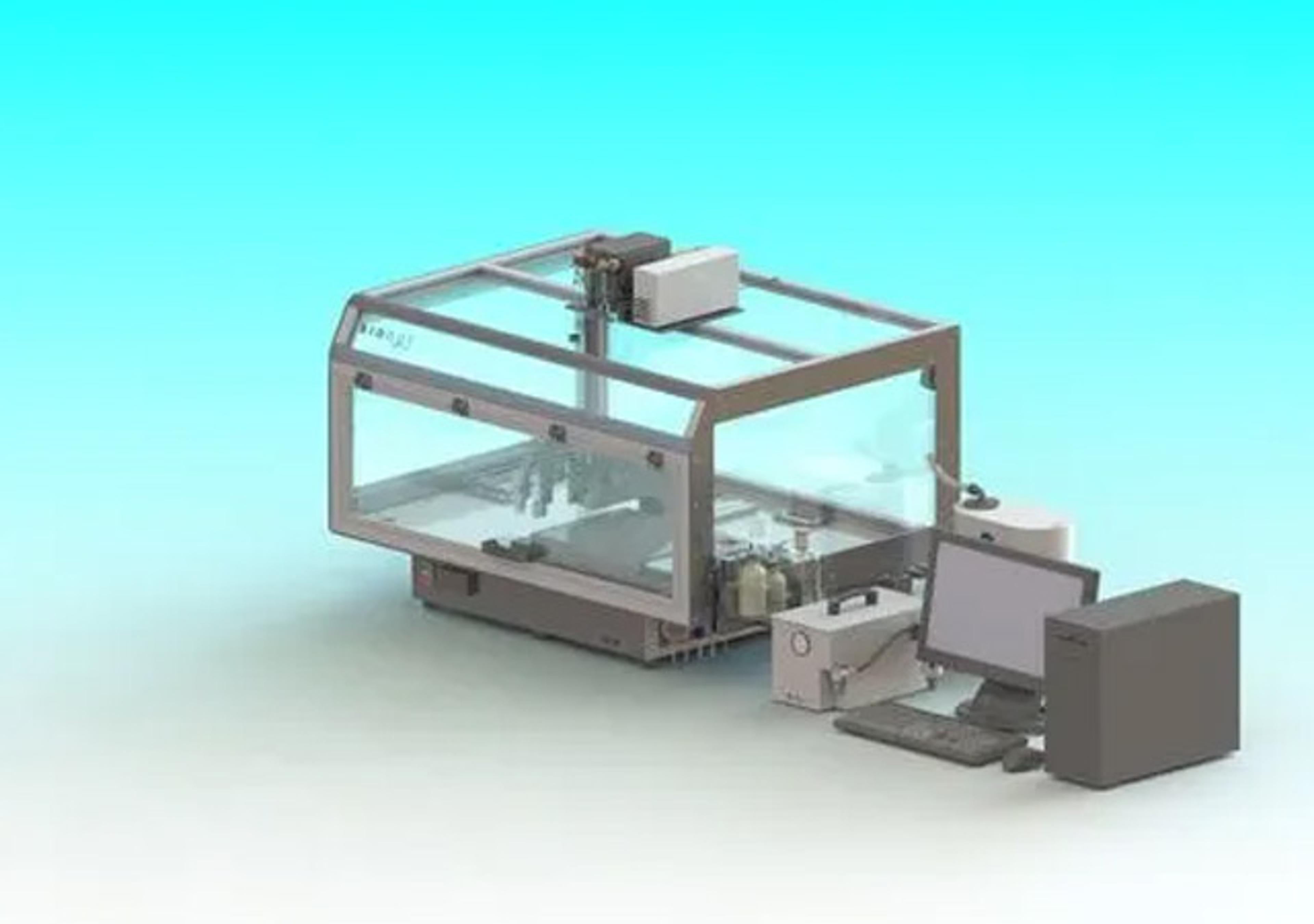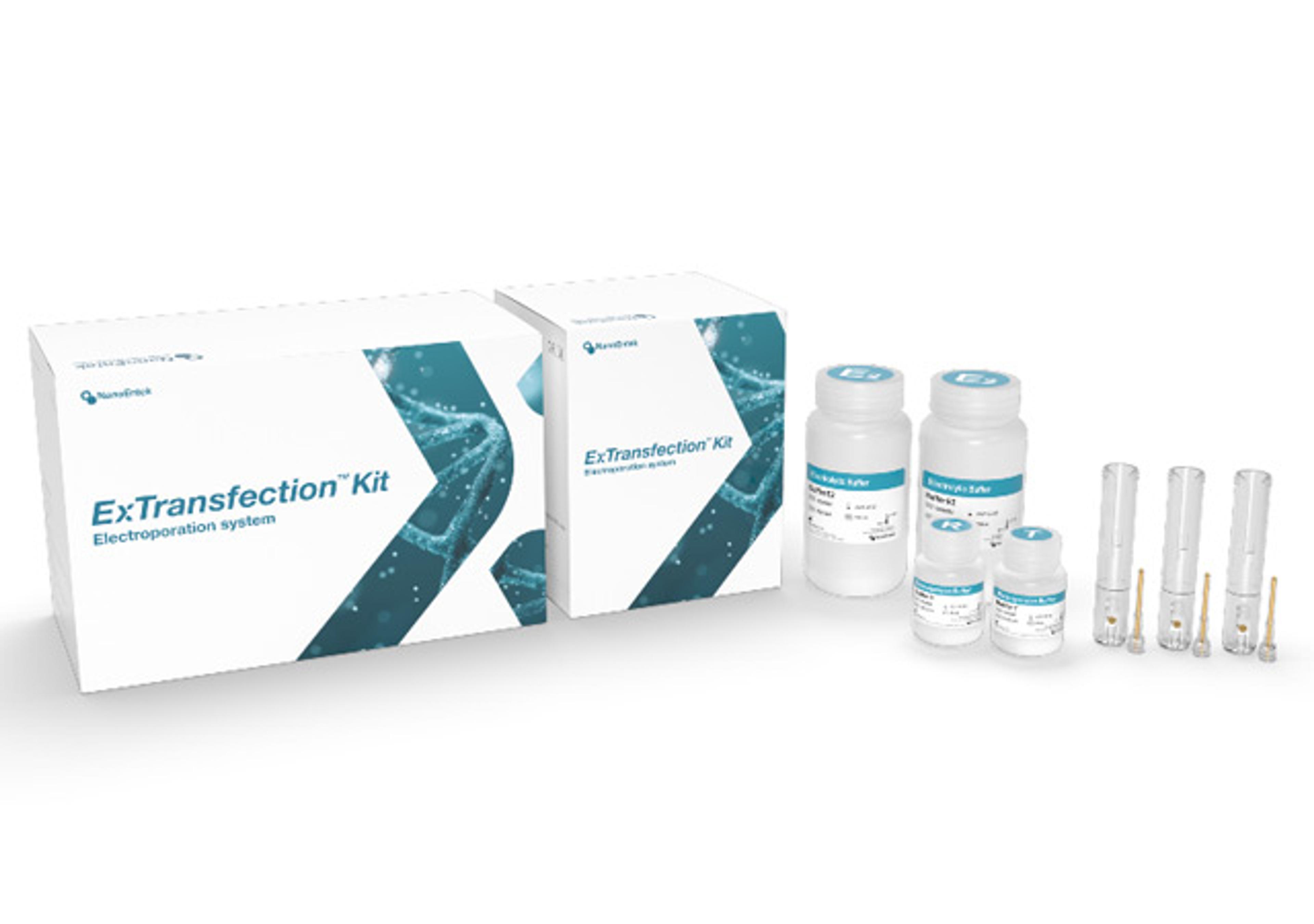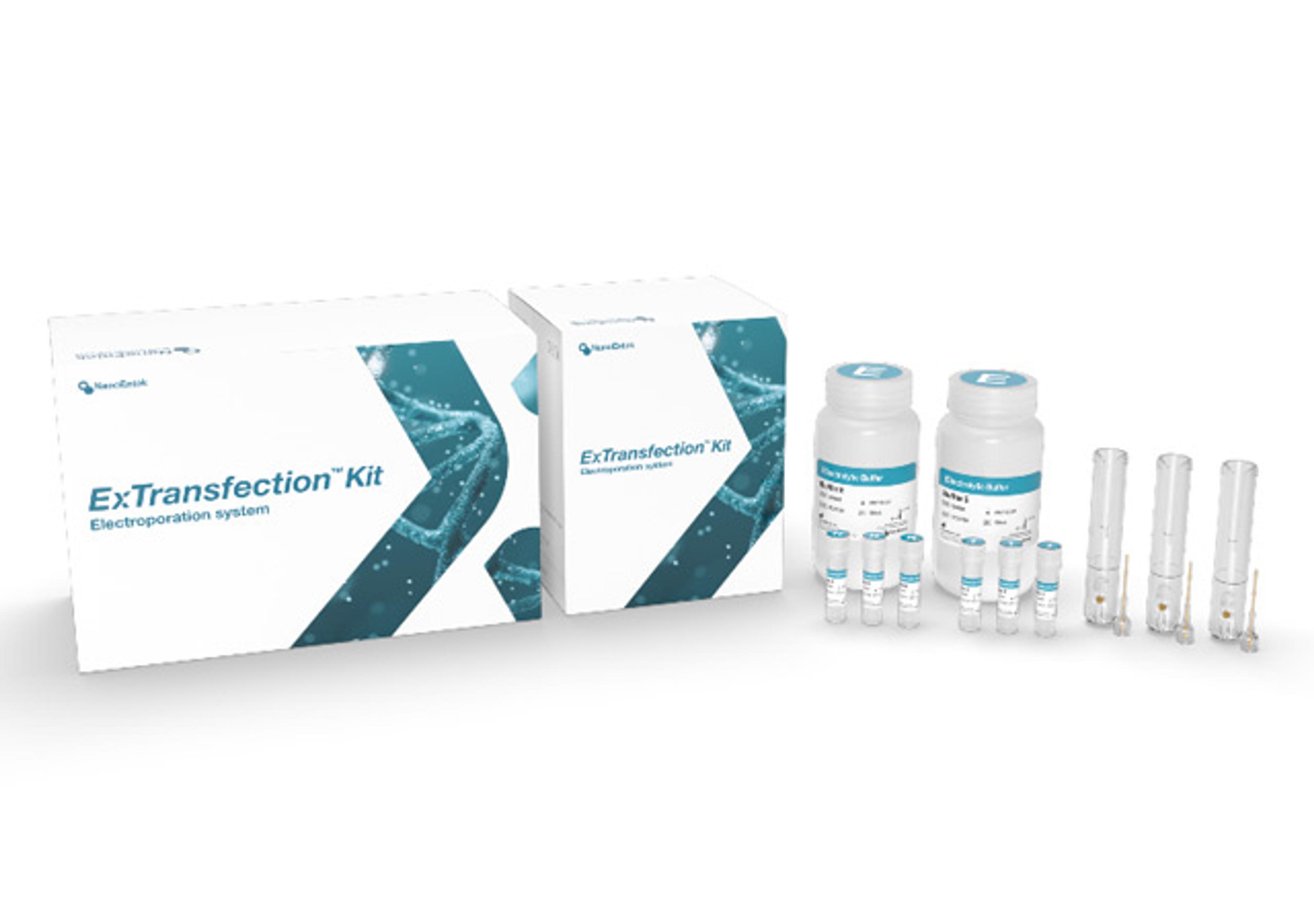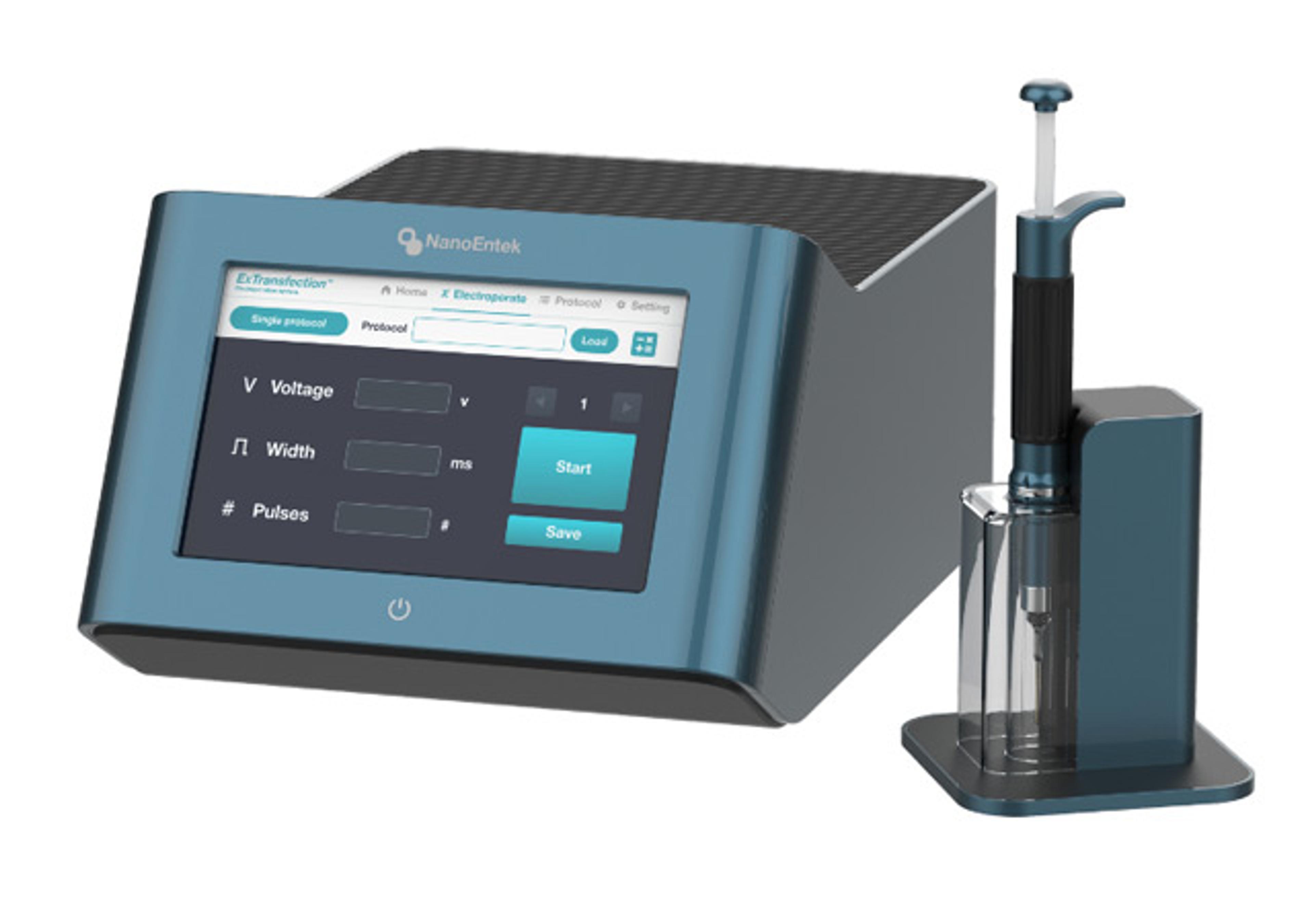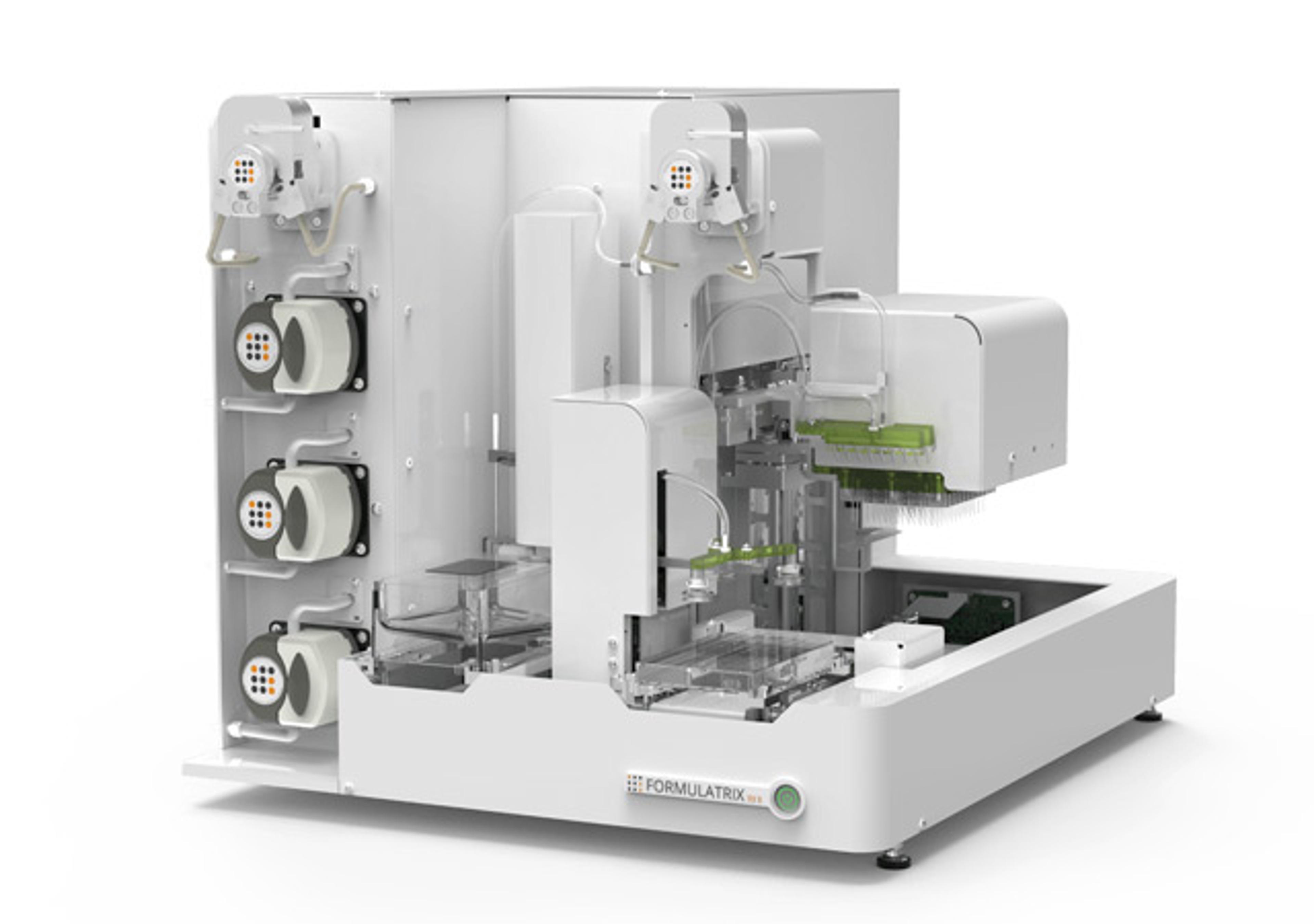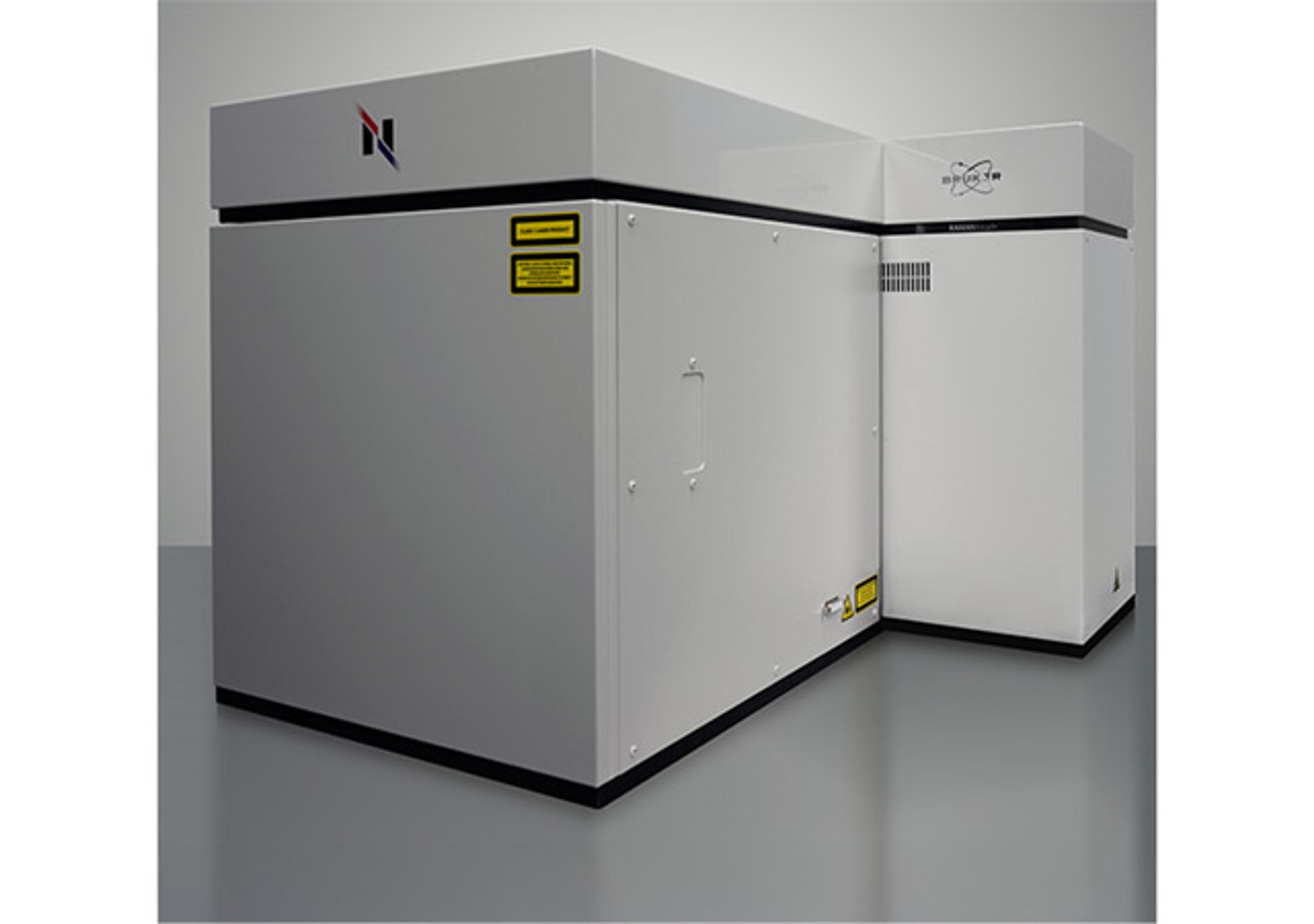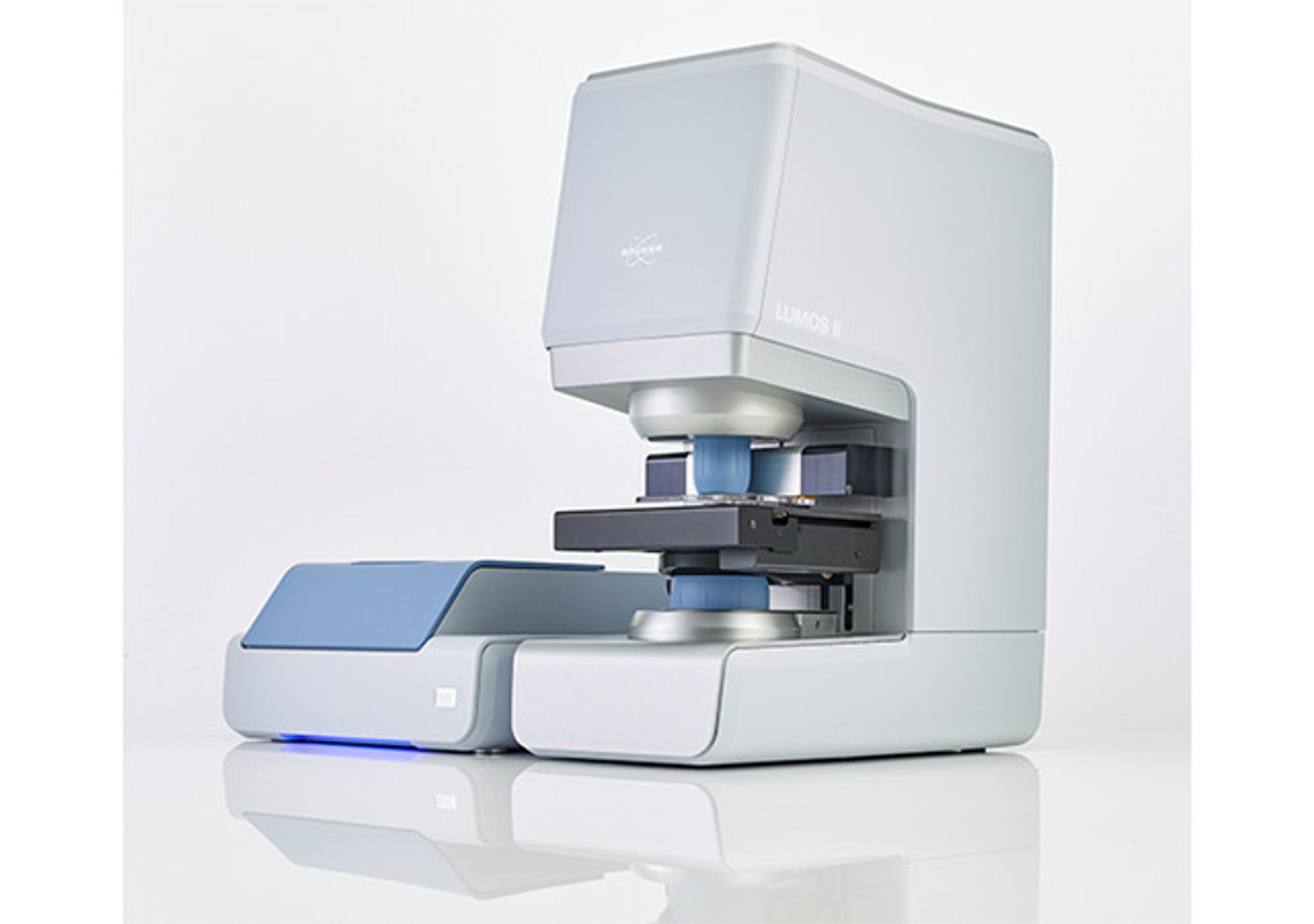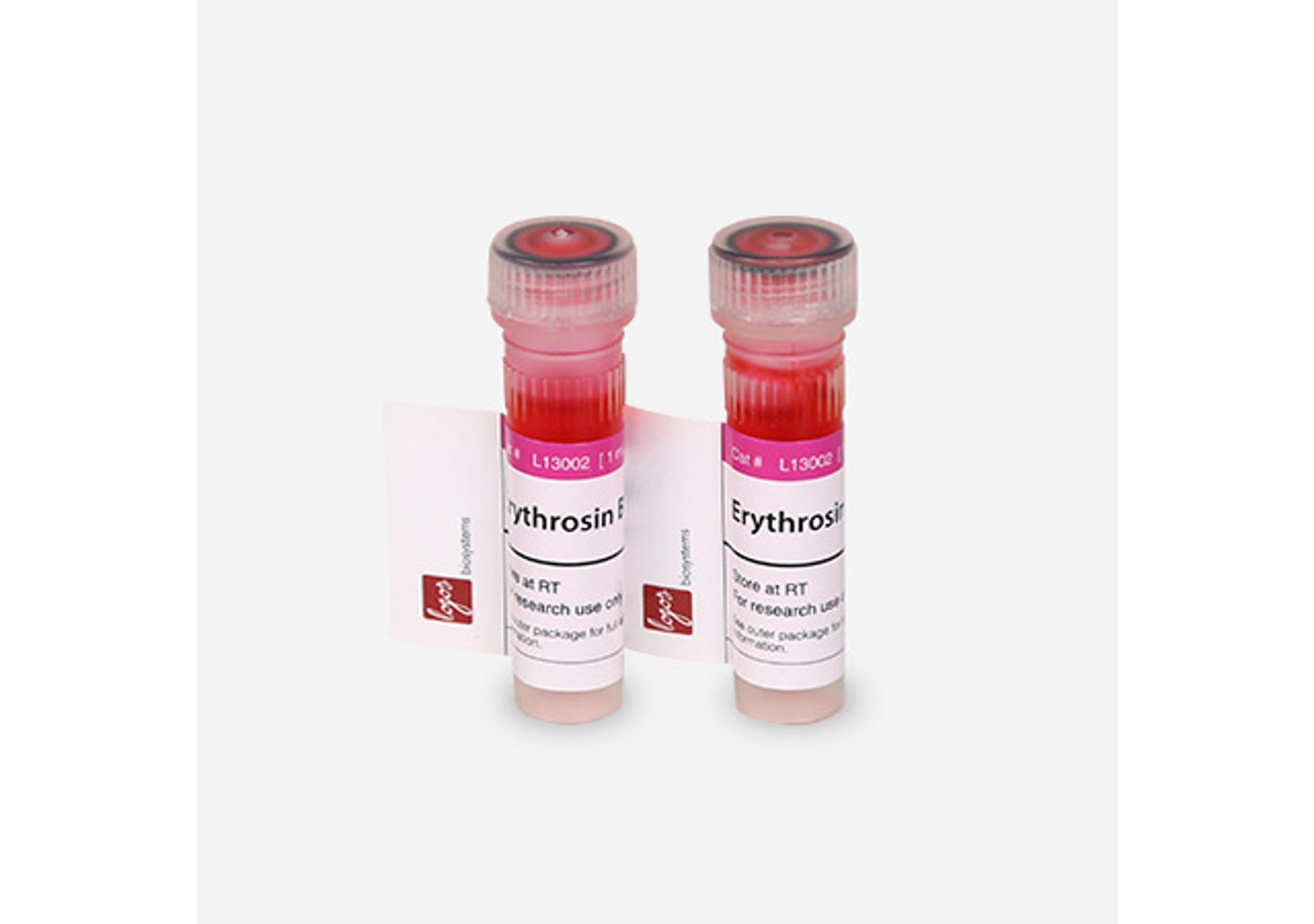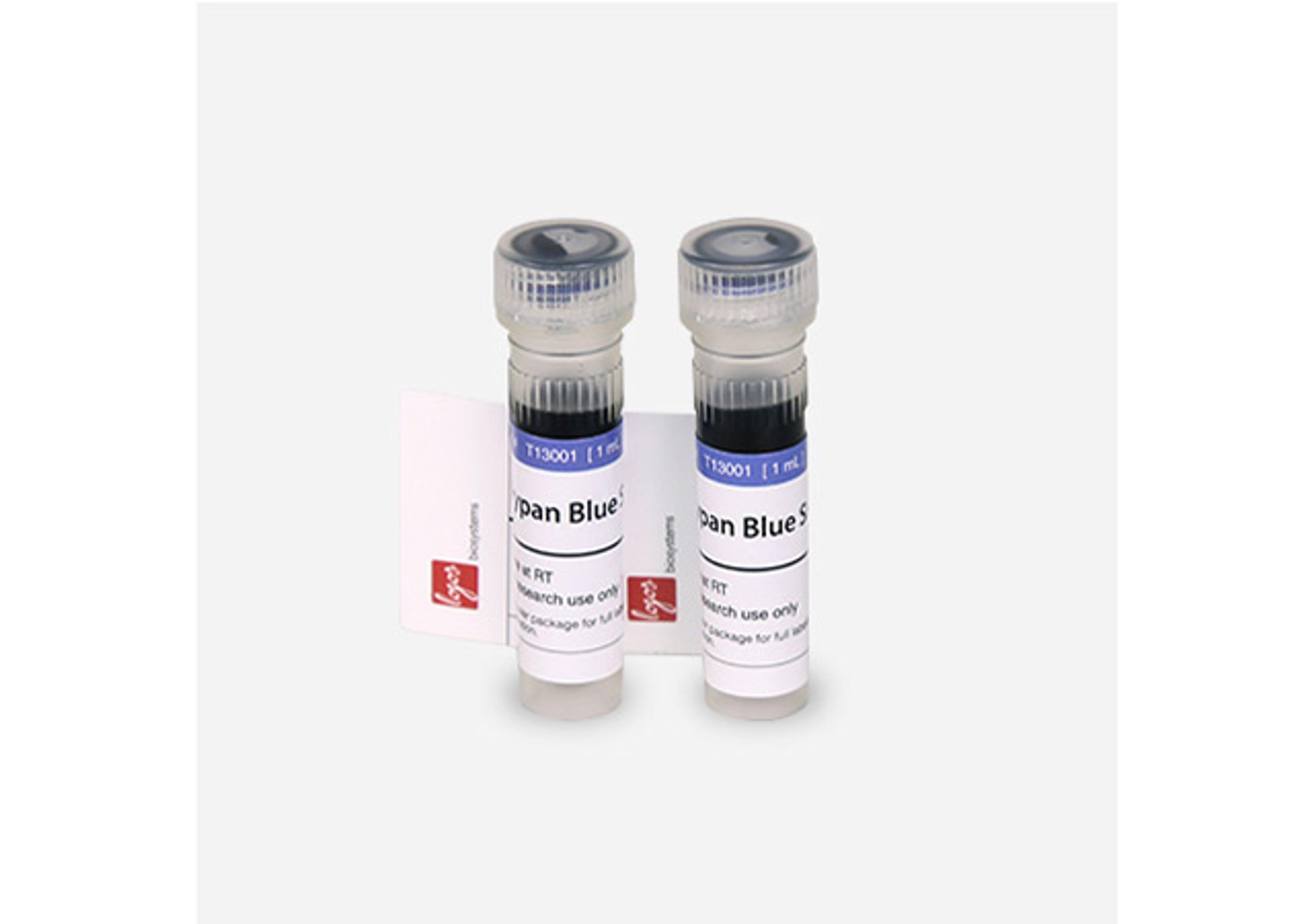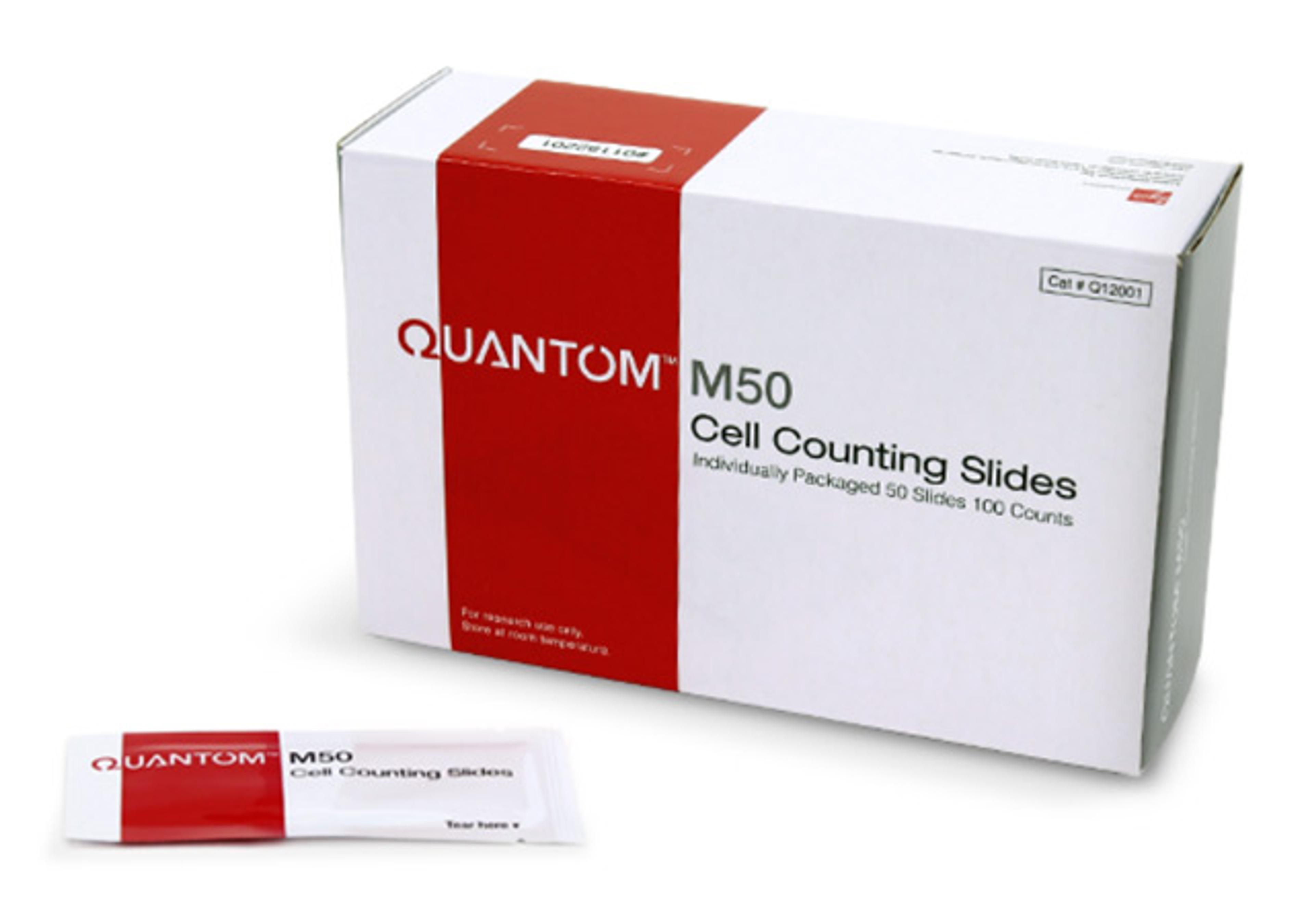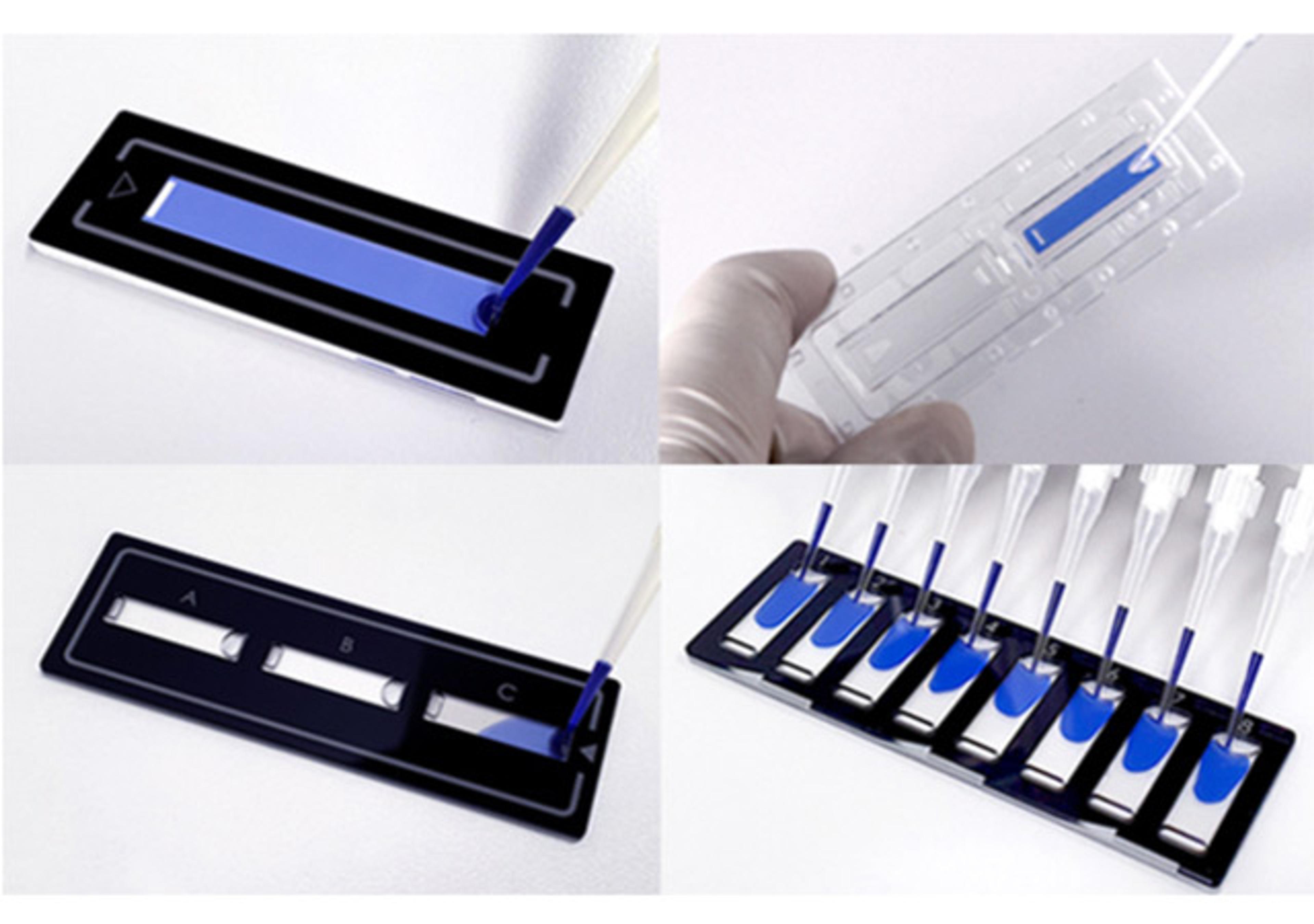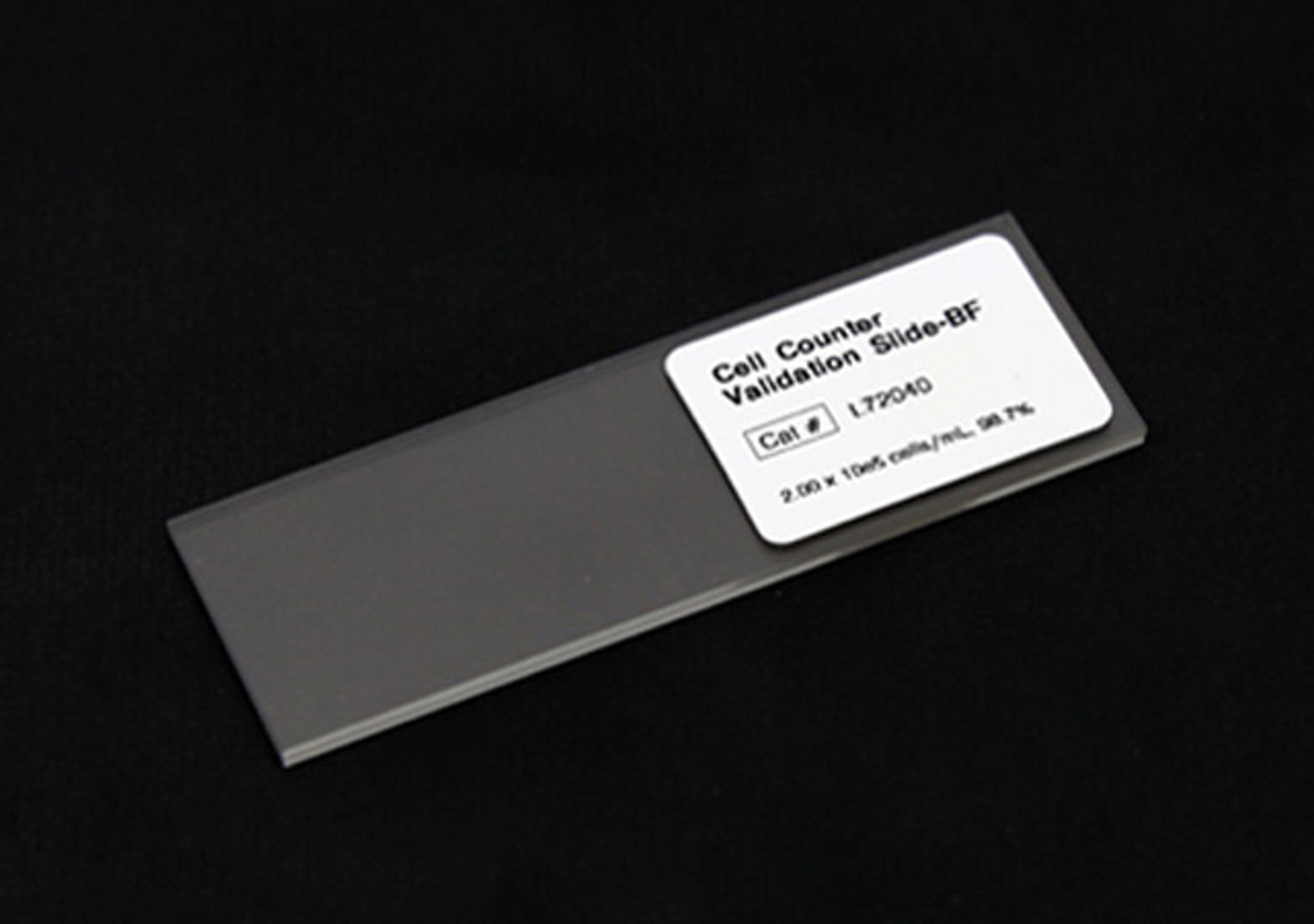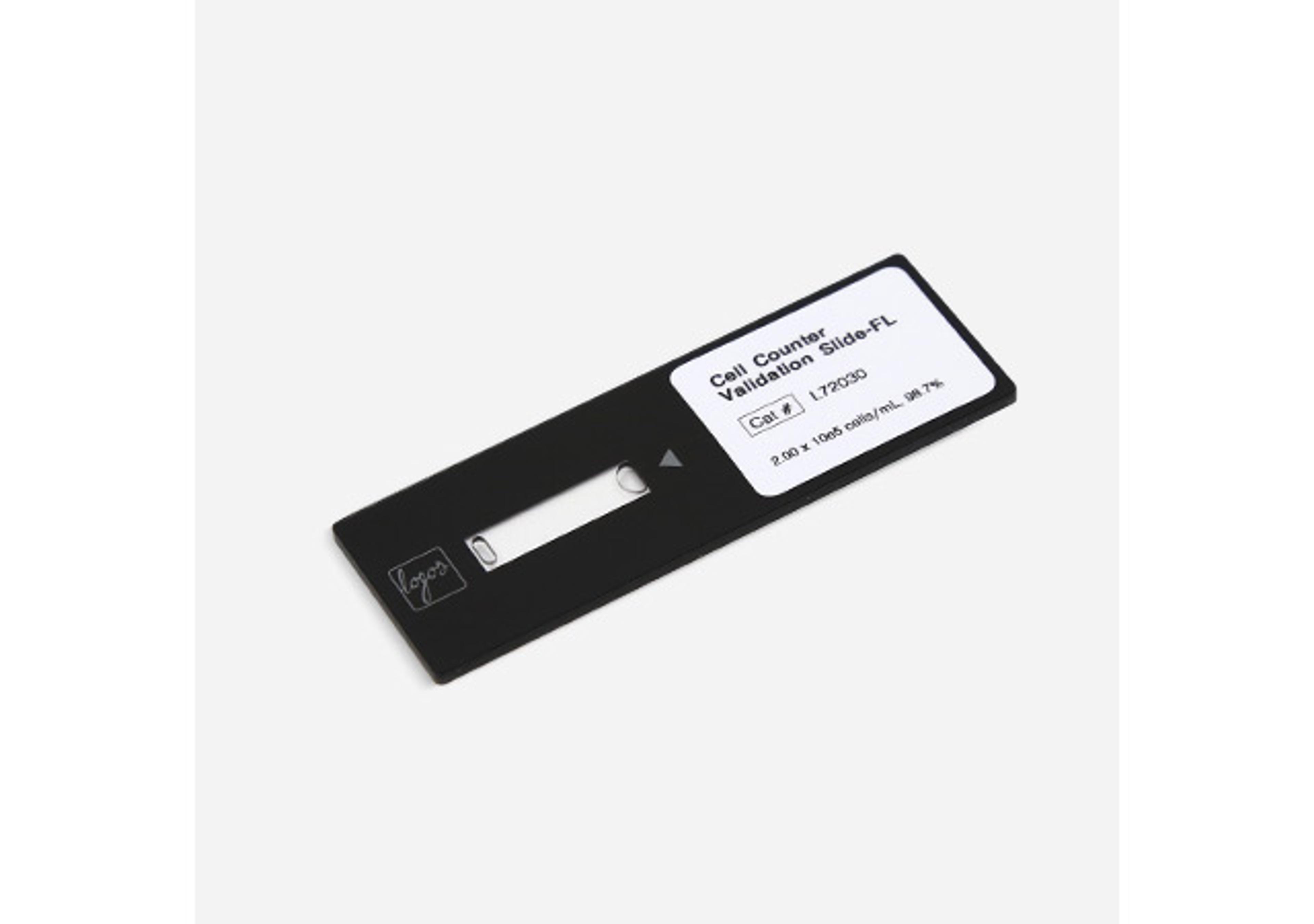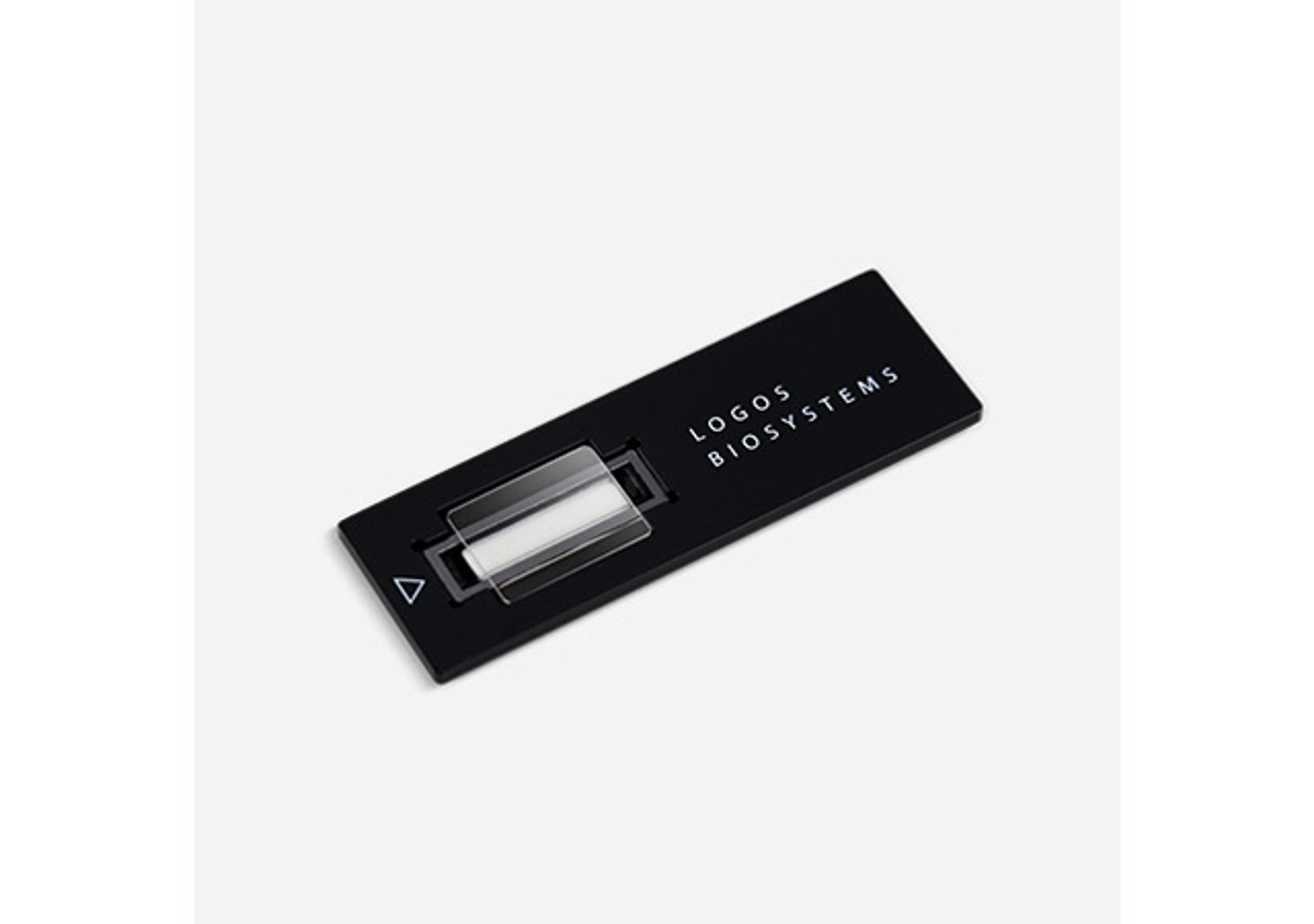TM-CA 72-4 ELISA
High Quality Assays with Reproducible and Reliable Results

The supplier does not provide quotations for this product through SelectScience. You can search for similar products in our Product Directory.
An enzyme immunoassay for the quantitative measurement of CA 72-4 (TAG-72) in serum and plasma. CA 72-4 (Cancer antigen 72-4) was originally described as an antigenic determinant recognized by B 72.3, a murine monoclonal antibody raised against a membrane extract of mammary carcinoma metastases (1). CA 72-4 was identified as a 1 MDa mucine-like Glycoprotein complex termed TAG-72 (tumor associated antigen 72) (2). The molecular weight of the TAG-72 protein is 48 kD. Elevated CA 72-4 levels in serum and plasma have been reported in various malignant diseases including carcinomas of pancreas, stomach, gall, colon, breast, ovaries, cervix and endometrium (3). The highest diagnostic sensitivities are found for carcinomas of the gastrointestinal tract and ovaries. Although some benign diseases such as rheumatic diseases or ovary cysts may also result in elevated levels of CA 72-4, clinical studies demonstrated diagnostic specificities of more than 95% for gastrointestinal and ovarian malignancies (4). There is a good correlation between CA 72-4 levels and tumor stage and size (3). CA 72-4 is the marker of choice for the therapeuticmonitoring and follow-up care of gastrointestinal cancer patients. Suitable second markers are CA 19-9 or CEA. Additionally, CA 72-4 has been used as an independent marker for the therapeutic monitoring and follow-up care of ovarian cancer patients, in particular in CA 125 negative patients (3, 5).The DRG TM-CA 72-4 ELISA Kit is a solid phase enzyme-linked immunosorbent assay (ELISA) based on the sandwich principle. The microtiter wells are coated with a monoclonal mouse antibody (Clone CC49) directed towards a unique antigenic site on a CA 72-4 molecule. An aliquot of patient sample containing endogenous CA 72-4 is incubated in the coated well with enzyme conjugate, which is an anti-CA 72-4 antibody (Clone B72.3) conjugated with horseradish peroxidase. After incubation the unbound conjugate is washed off. The amount of bound peroxidase is proportional to the concentration of CA 72-4 in the sample. Having added the substrate solution, the intensityof colour developed is proportional to the concentration of CA 72-4 in the patient sample.

